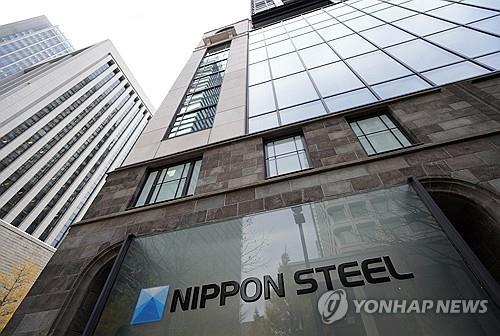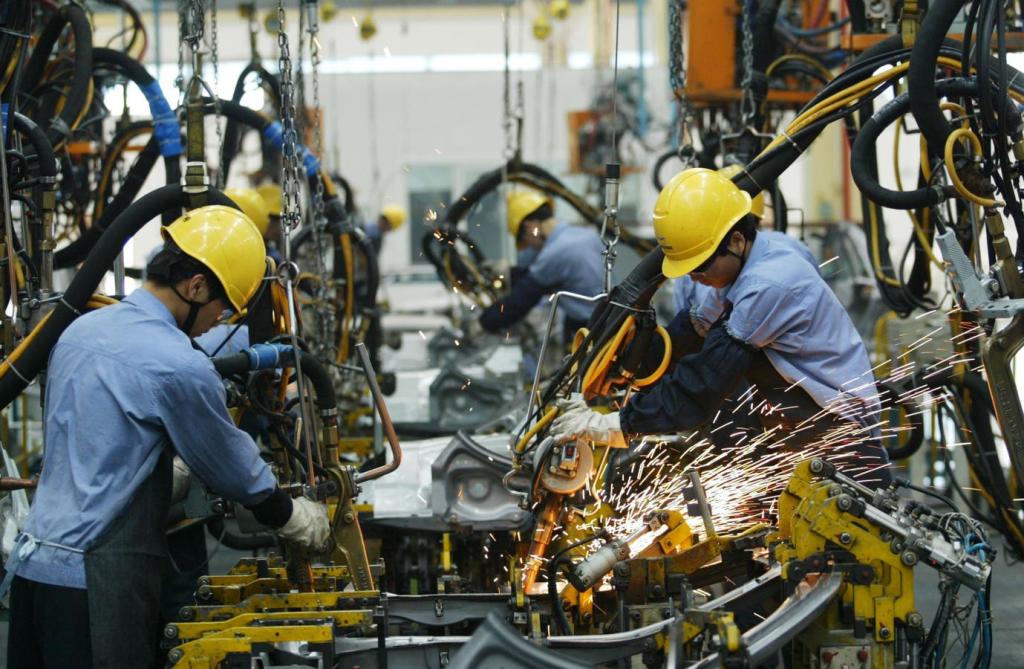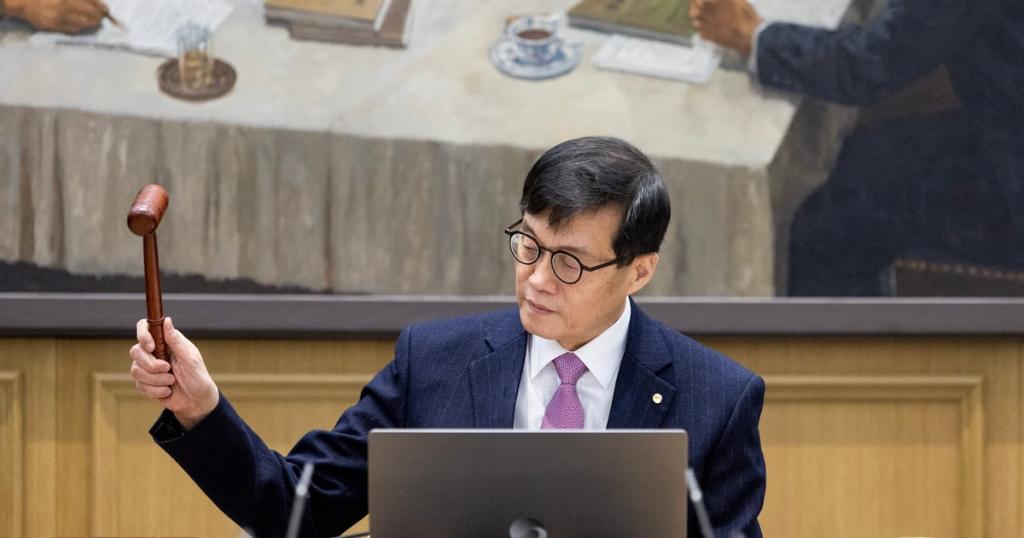Nippon Steel's Bid for US Steel and its Impact on America
Discover how Nippon Steel's acquisition of US Steel could reshape American manufacturing, strengthen national security, and revitalize the workforce.

Key Points
- Nippon Steel
's $14 billion bid for
US Steelaims to maintain American ownership while promising investments to boost domestic production and security.
- The political landscape surrounding the acquisition reflects bipartisan concerns about foreign ownership impacting American jobs and industry integrity.
- Significant investments pledged by Nippon Steel could revitalize the American steel industry, fostering technological advancements and job creation in the rust belt.
The landscape of the American steel industry is undergoing a significant transformation, as Japan's Nippon Steel pursues a robust $14 billion bid to acquire the iconic US Steel. This potential takeover has sparked a heated political and public debate, focusing on American ownership and the future of domestic manufacturing. As we delve into this intricate situation, it becomes clear that the implications reach far beyond corporate ownership, influencing national security, job markets, and the very fabric of American industry.
Nippon Steel's Promises for US Ownership
In response to concerns raised by prominent political figures, including Democratic presidential candidates
and
, Nippon Steel has pledged that, should the deal proceed, US Steel would maintain its identity as an American company with a board predominantly composed of US citizens. This includes a commitment to appoint three independent directors who are Americans and ensuring that core management is American-led. Such measures aim to address fears about foreign ownership, especially during an election season where policies regarding domestic jobs and industry are pivotal.

This approach not only reassures lawmakers but also aligns with the sentiments of the American labor force, particularly in battleground states like Pennsylvania—home to US Steel's headquarters—where many workers may feel threatened by foreign acquisitions.
The Political Landscape and Public Sentiment
The political ramifications of this bid are profound. Harris's emphatic statements on the need for US Steel to remain American-owned resonate with many voters who are anxious about job security and corporate integrity in the face of globalization. Moreover, Harris, alongside Biden, has reiterated the belief that maintaining a strong domestic manufacturing sector is critical for the nation’s economic stability.
Both Democrats and Republicans have expressed skepticism regarding the takeover. Former
has taken a strong stance against the acquisition, promising to block it if re-elected. This bipartisan wariness underscores the sensitive nature of foreign investments in industries critical to national security.
Potential Economic Impact
Nippon Steel argues that the acquisition could revitalize the American rust belt by injecting substantial investments into US Steel’s facilities, enhancing American steel production capabilities. The company has pledged an additional investment of at least $1.3 billion in US facilities if the acquisition is finalized, which they assert will create jobs and foster technological innovation in the steel industry.
This commitment to investment is crucial. It promises not only to boost production but also to enhance competitiveness against state-supported Chinese firms, which dominate the global steel market. These investments could also lead the way for advancements in technology and sustainability within American manufacturing, setting a new standard for the industry.
A Broader Perspective: Implications for the Future
The approach taken by Nippon Steel illustrates a strategic shift in how foreign companies are navigating acquisitions in politically charged environments. By focusing on governance that prioritizes American interests, they are working to cultivate a favorable narrative amidst rising skepticism. This could serve as a blueprint for future foreign investments in sensitive industries.
Furthermore, as global manufacturing evolves, the intertwining of regional safety and economic growth becomes increasingly relevant. It is crucial that such discussions continue, as they shape both policy and public perception. The outcome of this bid isn't merely about the future of US Steel; it is about defining what national ownership means in an interconnected world.
In this complex yet crucial moment for both US Steel and the American steel industry, we are reminded of the importance of balancing international investment with local interests. The way forward must champion both economic growth and the revitalization of American labor, ensuring that the voices of workers and communities are heard loud and clear within the halls of power.


